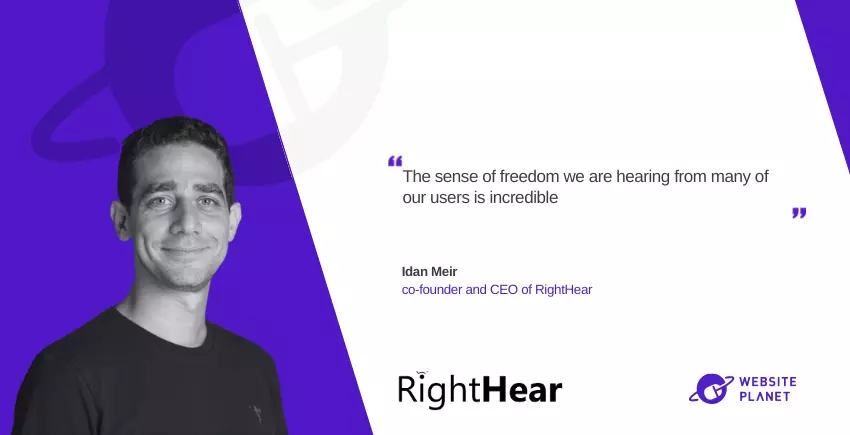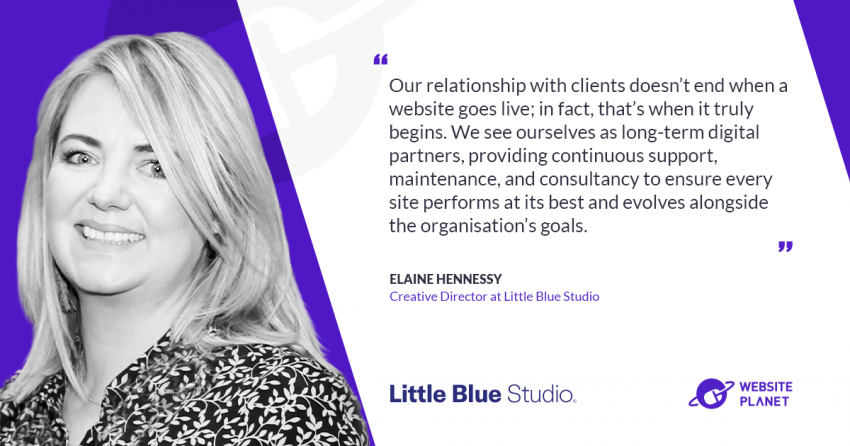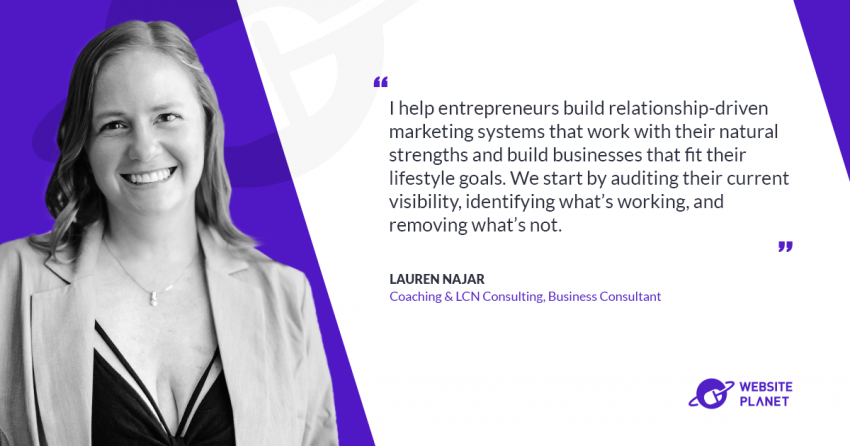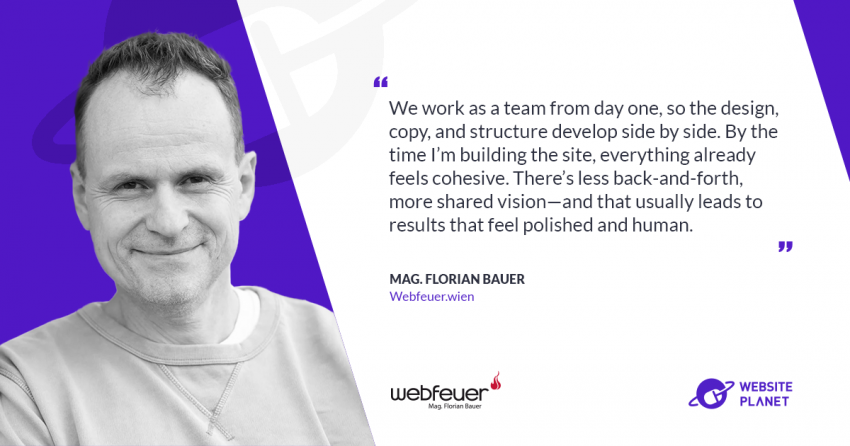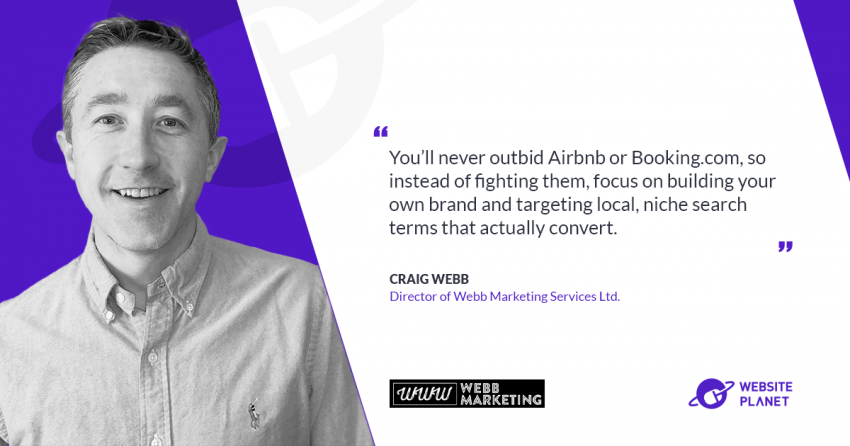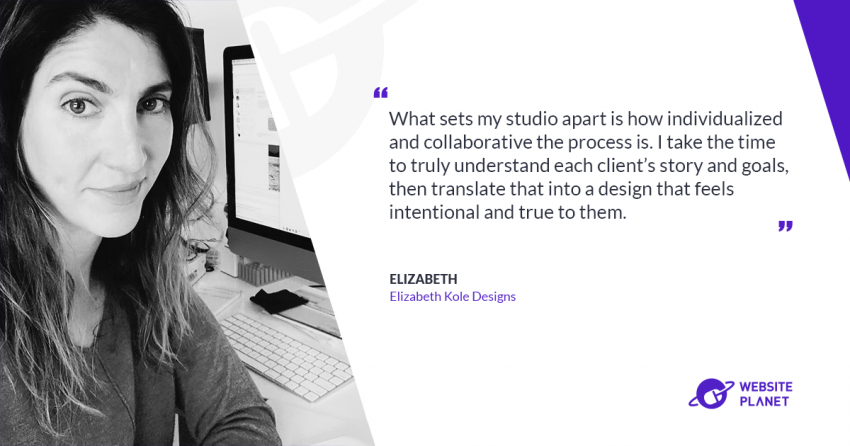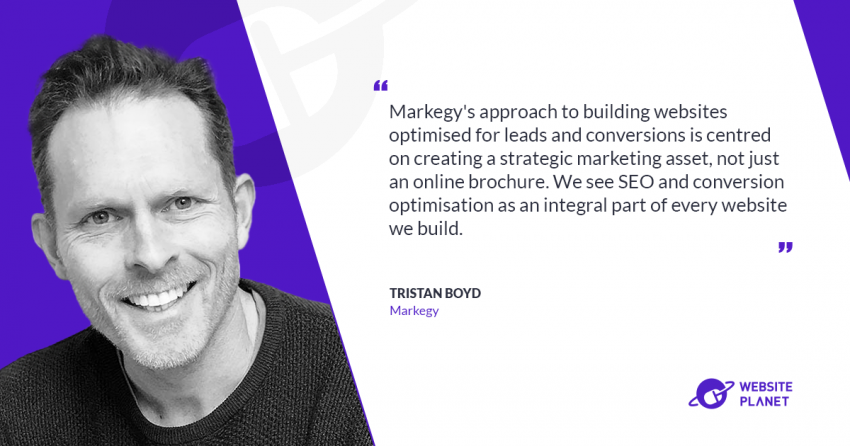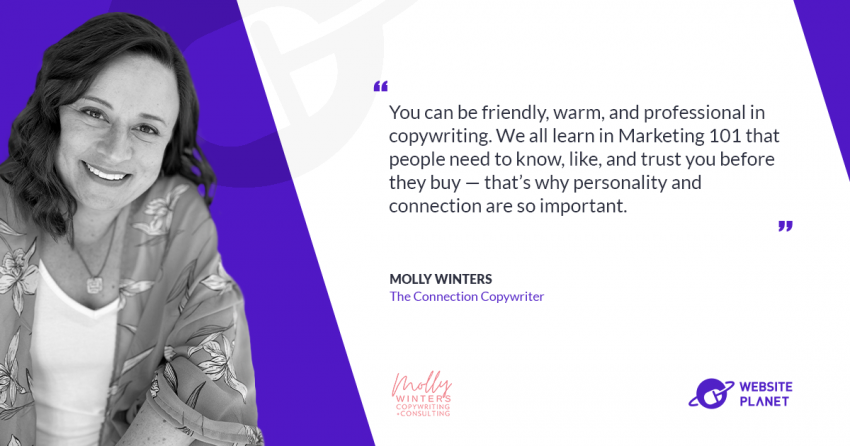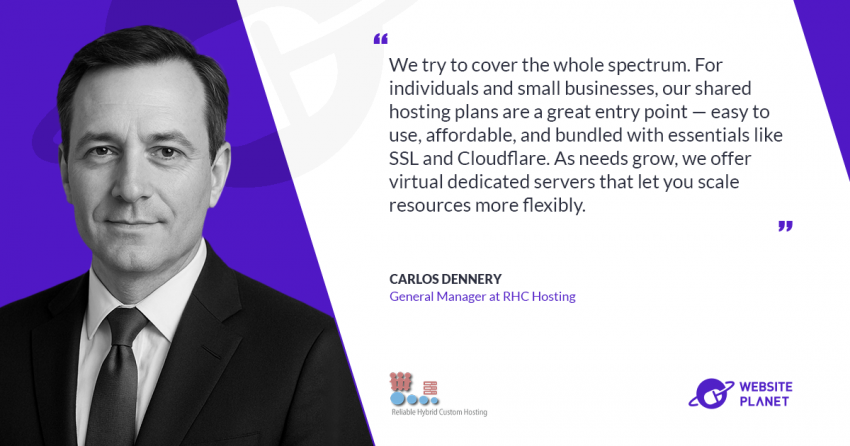What does it take to build an online company that not only survives but thrives in today’s competitive marketplace? In this interview series by Website Planet, executives from successful digital companies reveal how they identify and solve the most urgent problems in their fields, how they stand out in the most competitive markets, and how they’re positioning themselves for the future.
My guest today is Idan Meir, co-founder and CEO of RightHear, a unique audio orientation system that is helping people with visual disabilities in 2,500+ locations worldwide navigate malls, parks, airports, and more public space through audio cues delivered via a smartphone app.
Let’s pick his brain!
What’s the story behind the founding of your company, and what are your biggest milestones so far in terms of customers, revenue team, etc.?
RightHear started with a simple observation: public spaces are built for people who can see. That’s fine for some, but not for everyone. We wanted to fix that.
The idea was to create something straightforward and impactful – Audio Format Signage. A way to turn static signs into spoken words, giving people with orientation challenges the independence they deserve.
From the start, we’ve focused on making it easy. Easy for users to navigate and easy for businesses to install. That approach has taken us far.
RightHear is now in thousands of locations around the world, with clients like Microsoft, McDonald’s, and many others leading the charge. Each one proves that accessibility isn’t just the right thing to do – it’s good business.
Accessibility isn’t just the right thing to do – it’s good business.
Why is now the time for your company to exist? What are the most pressing pain points you are currently solving, and what makes them more urgent now than ever?
Accessibility isn’t a “nice-to-have” anymore – it’s expected. People are demanding more inclusive spaces, and businesses are realizing that accessibility isn’t just compliance; it’s competitive.
For example, in Applause’s survey, 85% of respondents as of 2024 agree that digital accessibility is a higher priority for their organizations (was 69% in 2023).
However, in a report by AudioEye, 88% of websites analyzed are still not compliant with web accessibility standards.
The pain point we’re solving is simple but urgent: signs don’t talk. For millions of people, this means navigating public spaces can be frustrating, time-consuming, or even impossible. That’s no longer acceptable, and it doesn’t have to be.
What makes it urgent now? Expectations have shifted. Customers, employees, and even regulators are holding businesses to higher standards. At the same time, the technology to make spaces accessible has caught up with the need.
We’re solving this big problem in a way that’s easy to implement, cost-effective, and scalable. Businesses don’t have to wait years to become inclusive – they can do it now, with us.
What are the biggest challenges your company has overcome since its founding? If you had to start over, what would you do differently?
One of the biggest challenges we’ve faced is educating the market about Audio Format Signage. When we started, most businesses didn’t even know this was a problem, let alone that there was a solution. We had to show them why accessibility matters – not just for compliance but for their customers, employees, and brand. It’s not easy to change mindsets, but we’ve learned how to turn awareness into action.
Another challenge has been balancing simplicity and scale. We’ve always focused on making our technology easy to use, but scaling that simplicity across thousands of locations took time and a lot of iteration.
If I had to start over, I’d prioritize focus earlier. When you’re starting out, it’s tempting to say “yes” to every opportunity. But clarity comes from narrowing your scope and doubling down on what you do best. For us, that’s making accessibility effortless with Audio Format Signage. If we’d done that sooner, we might’ve grown even faster.
What unique features and capabilities help you solve them in a better way than other solutions, and how has that made an impact? Can you share metrics or stories that show the difference you’re making?
The main difference is our focus on Audio Format Signage, which provides orientation rather than traditional indoor navigation. Other solutions focus on full-scale navigation systems, which are a heavier lift, more expensive, and often unnecessary. Most people with orientation challenges don’t need turn-by-turn directions – they need clear, reliable information about their surroundings to make decisions independently. That’s what we deliver.
Our solution is lightweight, easy to implement, and highly effective. It doesn’t require businesses to invest in complex infrastructure or expensive systems, which lowers the barrier to entry while maximizing impact. Companies like Microsoft have adopted our solution because it solves the problem without unnecessary complexity.
Each location we enable helps people navigate more confidently while encouraging more businesses to follow suit. The proof is in the stories we hear. One user shared how they could independently find their way through a government building, something they hadn’t been able to do before. It’s not about adding complexity; it’s about providing what’s needed – simply and effectively.
What are the most impactful and easy-to-apply strategies that helped you increase revenue, conversions, and traffic? How did they impact your bottom line?
One of the most impactful strategies has been leaning into the power of our community. People with orientation challenges are our strongest advocates. When they ask businesses to adopt Audio Format Signage, it creates a powerful pull that’s far more effective than any sales pitch.
Every new location brings more users, and those users inspire more locations to join – a natural growth loop that drives revenue and expands our footprint.
Another key strategy is keeping our offering simple and accessible for businesses. By focusing on a low-friction onboarding process and clear ROI, we’ve made it easy for clients to say “yes.” Once they see how effortless it is to enable Audio Format Signage, they’re more likely to stay with us long-term, which strengthens our bottom line.
Finally, partnerships have been crucial. Collaborating with industry leaders not only validated our solution but also opened doors to larger audiences. These partnerships drive both conversions and credibility, helping us scale faster without adding unnecessary overhead.
I’m very proud that our results speak for themselves – steady revenue growth, strong client retention, and a growing network of locations. Simple strategies, a big impact.
Just some of the recent awards won by RightHear:
- Winner of the Zero Project Award (often referred to as the “Grammy for Disability Inclusion”).
- Connect AI Social Impact Award in 2023
- Proof-of-concept prize at Konnect – Volkswagen Group Innovation Hub Startup Challenge (2022)
- 2021 MassChallenge Israel Accelerator Program
What emerging trends and technologies will impact your industry the most in the next few years, and how do you suggest to get ready for these changes?
One of the biggest trends shaping our industry is the shift toward more inclusive and personalized experiences. Accessibility is evolving from a compliance-driven requirement to a user-centered priority, and technologies like Audio Format Signage are paving the way. These solutions offer a lightweight, practical approach to creating environments where everyone feels empowered.
Another key trend is the rapid integration of AI into everyday tools. AI has the potential to make accessibility even smarter and more intuitive, and we’re excited about how it can enhance future versions of our app. By staying ahead of these advancements, we aim to deliver even more seamless and impactful solutions.
To prepare, businesses should focus on scalable, user-friendly technologies that meet accessibility needs today while being ready for what’s next. For us, that means staying adaptable and innovative, always focused on making accessibility effortless.
To wrap up, if there was one piece of advice you would like to share with aspiring entrepreneurs who are just starting out, what would it be?
Keep it simple.
It’s easy to get caught up in grand ideas or try to solve every problem at once, but the best solutions are often the simplest. Focus on solving one real problem really well. For us, that meant creating Audio Format Signage – a straightforward solution that meets a clear need.
Also, listen.
Listen to your users, your market, and your team. The more you stay connected to the people you’re building for, the better your decisions will be. Progress isn’t about doing more; it’s about doing what matters most.
How can our readers connect with you?
LinkedIn: https://il.linkedin.com/company/righthear
X: https://twitter.com/righthearapp
Facebook: https://www.facebook.com/RightHearApp/
Data sources:
https://www.accessibilitychecker.org/research-papers/the-state-of-web-accessibility-in-2024-research-report/
https://www.applause.com/blog/digital-accessibility-2024-survey-results/
